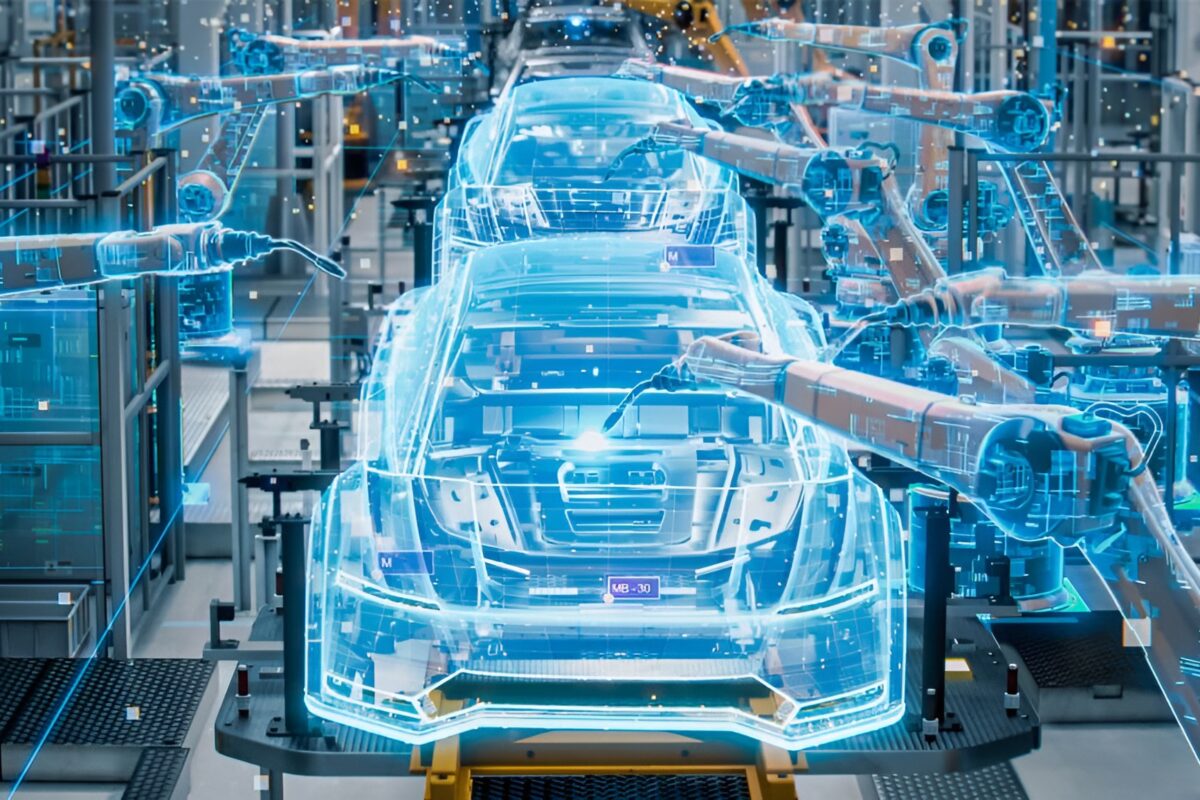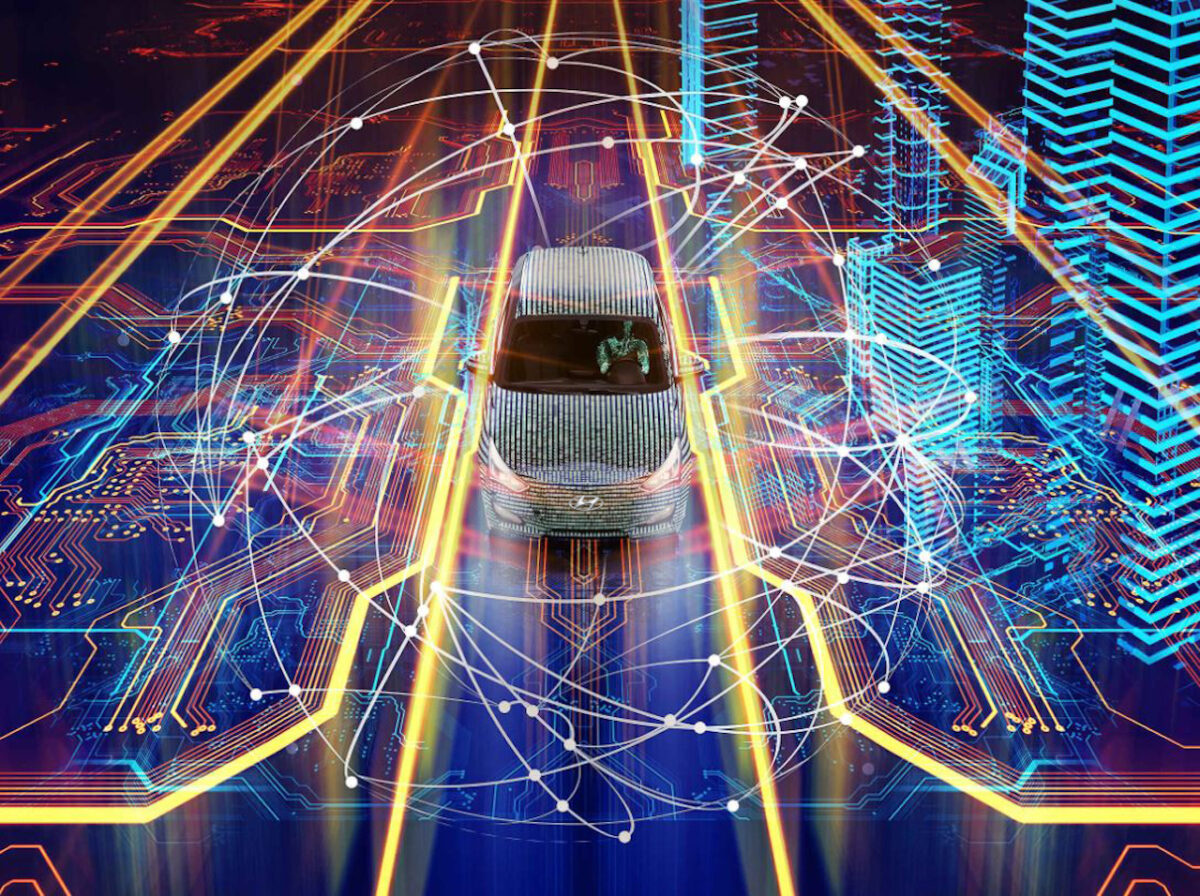Connected car developments bring with them considerable potential to improve road safety and make the driving experience more relaxing and enjoyable. However, they may also carry a host of unexpected side effects. In India, where in-car connectivity advances have only just begun, the potential impact is huge. Industry players recently gathered at the Connected Car Pune conference to explore how developments are unfolding and the potential direction they will take in the future.
A journey
“The fundamental thing about connected car is that it is a journey. In India we are at ground zero today,” commented Krish Inbarajan, Global Head of Connected Car at Cisco Jasper. “There are probably two OEMs that have done something on this front but the next few years will see big growth. We will see many more use cases emerging and more innovation coming through connectivity.”
Opinions vary on how these will play out but some envision a move towards individual owners loaning out their vehicle when they are not using it. “Connectivity will open up new ways to optimise the use of the car when it’s parked,” Inbarajan predicted. “You could allow others to use it, to wash it or service it perhaps. All these things will be enabled through connectivity.”
Such schemes are proving popular in certain global markets, but India could prove unique. “There is a strong cultural impact on which use cases become successful in which regions,” cautioned Magesh Srinivasan, Global Head – Connected Car & Artificial Intelligence, HCL Technologies. “There are already platforms for individuals to loan out their car when it is not in use. I’m not sure those are extremely successful in India. Here, people regard cars as a source of personal pride – not everyone is gung-ho about sharing. It’s a cultural issue. On the other hand, perhaps there are some use cases we can use in India that have not been thought of in advanced markets.”

New alliances
The push for connectivity in vehicles is driving diversification efforts at vehicle manufacturers and their Tier 1 suppliers. “Most auto companies now want to become tech companies so they are forming new alliances with suppliers to focus on software for the connected ecosystem,” commented Srinivasan. He points to partnerships like those between Daimler and Bosch, Volvo and Autoliv. “OEMs are moving towards software while the software companies are moving into the mechatronic world. It’s almost like creating a hybrid in genetic engineering,” he suggested.
These new joint venture companies will generally be based in a global HQ but will have a strong presence in emerging markets, particularly India and China, which offer a pool of engineering talent and some of the largest vehicle markets.
Side effects
Despite the promising new use cases, connected car technology also opens the door to concerns around cyber security, data privacy, safety and regulations. “Clearly there are some side effects of connected car that have not been thought through,” commented Deepak Jain, a partner at Bain & Company.
In EVs, data is not an afterthought. It is mission critical
India’s regulatory framework is in the process of evolving and trying to touch on many new areas. “There is a framework emerging in India and that will improve,” said Srinivasan. He points specifically to the automotive policy, under which the government has set out ambitious electric vehicle (EV) targets for 2030. It is the link between EVs and connectivity that Srinivasan sees as promising: “In EVs, data is not an afterthought. It is mission critical. You have to be connected to know the state of charge and distance to empty. You can’t have a non-connected EV running around. If the government wants to achieve electrification, it has to start thinking of connectivity.”
At the same time, Inbarajan flagged cyber security as a priority area. “Not just India but everywhere needs to focus on cyber security with connected car. There is liability here,” he said. “These are moving assets. There are people in the vehicle, there are people and property that could be damaged by these vehicles. It’s about what this vehicle could potentially do. This is one area where most people haven’t really touched on as regards to regulation.”



